Back in the 5th century BC, Socrates said ‘if you drink in moderation and in small sips, wine will drip into your lungs like the sweetest morning dew‘
It was Miguel de Cervantes‘ who famously claimed ‘drink in moderation, too much wine holds no secrets, nor does it keep promises‘. It was during the 1600s in Spain, and yet the author of Don Quixote had already summed up in just one sentence everything one could think about wine consumption.
And it was again in 1991 when the French epidemiologist Serge Renaud first spoke of the ‘French paradox’, stating that drinking wine, especially red, leads to a significant reduction in cardiovascular disease, despite a diet rich in lipids.
Jumping to 2023, and Ireland green-lights health warnings on alcohol bottles. The model is the same as cigarette packets, yet many European countries are against this decision, including Italy, France and Spain.Between the 5th century BC and 2023? A plethora of scientific publications and a history stretching back thousands of years.
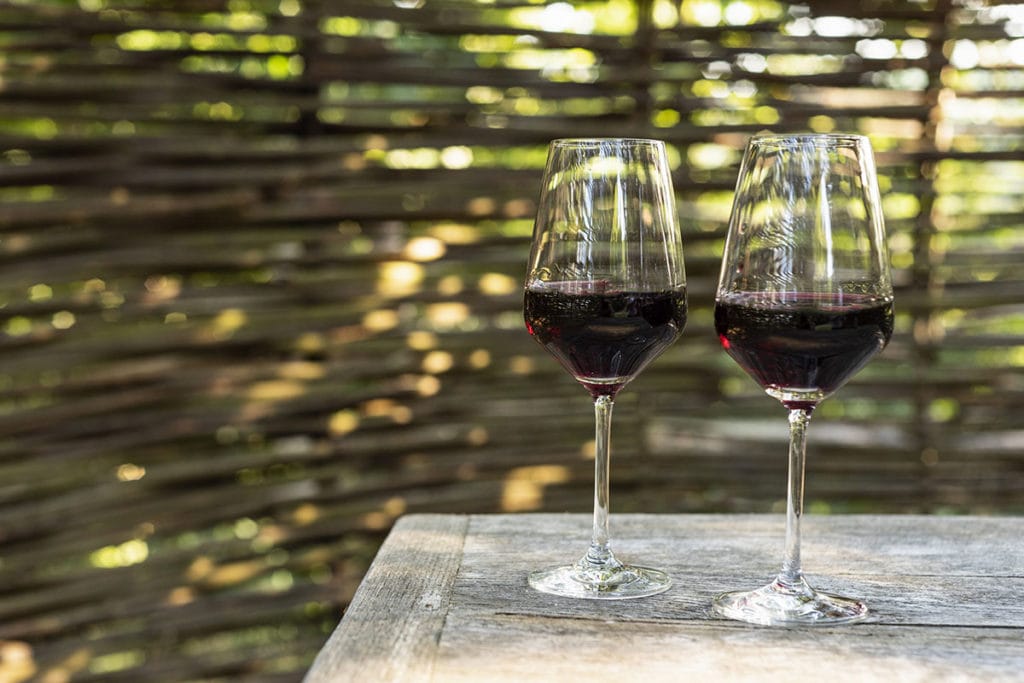
Between awareness and carelessness
Sometimes it is necessary for science to confirm what common sense has already been proving for millennia. In recent weeks, the European Commission – going against the negative opinion of the European Parliament – has authorised Ireland to include ‘health warnings’ on alcoholic beverage labels, without distinguishing between wine and spirits and without taking scientific evidence into account.
Between not drinking at all and drinking too much, there seems to be the same difference as between awareness of the benefits of a glass of wine and the carelessness of its abuse, or between awareness of our cultural heritage and the thoughtlessness of decisions that not based on science.
In the last thirty years alone, 236.068 scientific publications on the subject of wine and health have demonstrated the beneficial effects of wine if taken responsibly and in moderate doses, as part of a healthy lifestyle.
Rather than reducing consumption, it would be indeed preferable to speak of responsible consumption.
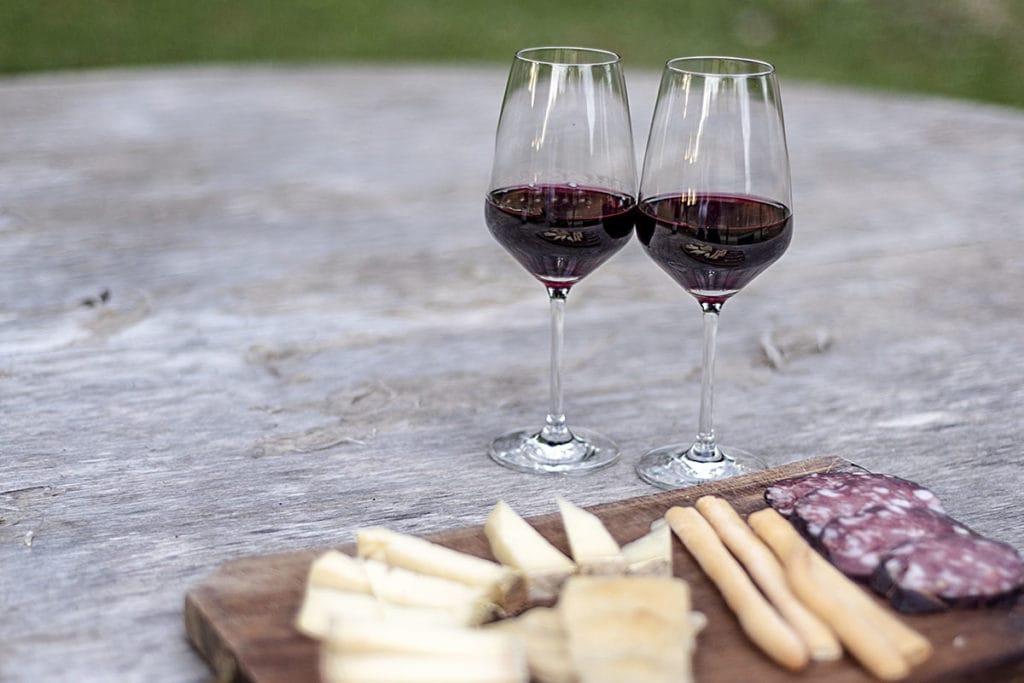
What does ‘drinking in moderation’ mean?
There are thousands of scientific studies, carried out on different subjects, which state that moderate wine consumption can reduce the risks of certain diseases.
According to scientific evidence, the dose considered as moderate by the WHO (World Health Organisation) itself is 30 to 40 grams per day for men, i.e. 2 or 3 glasses of wine.
With such consumption, in fact, it has been shown that the risk of heart attack, stroke and hypertension diseases is reduced by 20 to 60%, while the risk obviously increases with higher consumption, as explained by Luc Djoussè, research director of the Department of Medicine at Harvard Medical School.
But that’s not all, as according to Pierre-Louis Teissedre, president of the OIV Health and Safety Commission, ‘moderate consumption shows better beneficial effects than compared not just to those who drink too much, but also those who don’t drink at all’.
Vincenzo Gerbi, president of the ONAV scientific committee, said ‘the potential health benefits of wine have been mainly attributed to polyphenolic compounds, particularly flavonoids, which are present in abundance and in bioavailable form in wine. It is therefore surprising that this part of the scientific research has been completely ignored in the recent debate’.
Wine is in fact not a beverage, but rather a liquid food that contains wonderful substances such as polyphenols and antioxidants that are associated with undoubted health benefits.
Wine is a single ingredient product, unlike other beverages, and all the components needed to obtain it are found within the grape cluster. But equally unique is the connection with its territory of origin, of which it is a formidable ambassador, because of the way it is consumed ‘in small sips’ and in combination with meals, as well as for the very strong bond with the culture of our own country.
Perhaps it is also for this reason that, within the historically wine-producing countries, consumption is usually more correct because wine and vines have always been part of the cultural tradition of one another.
The Mediterranean dietary model – declared an Intangible World Heritage Site by UNESCO in 2010 – includes precisely one glass per meal, and is recognised as the healthiest diet in the world.


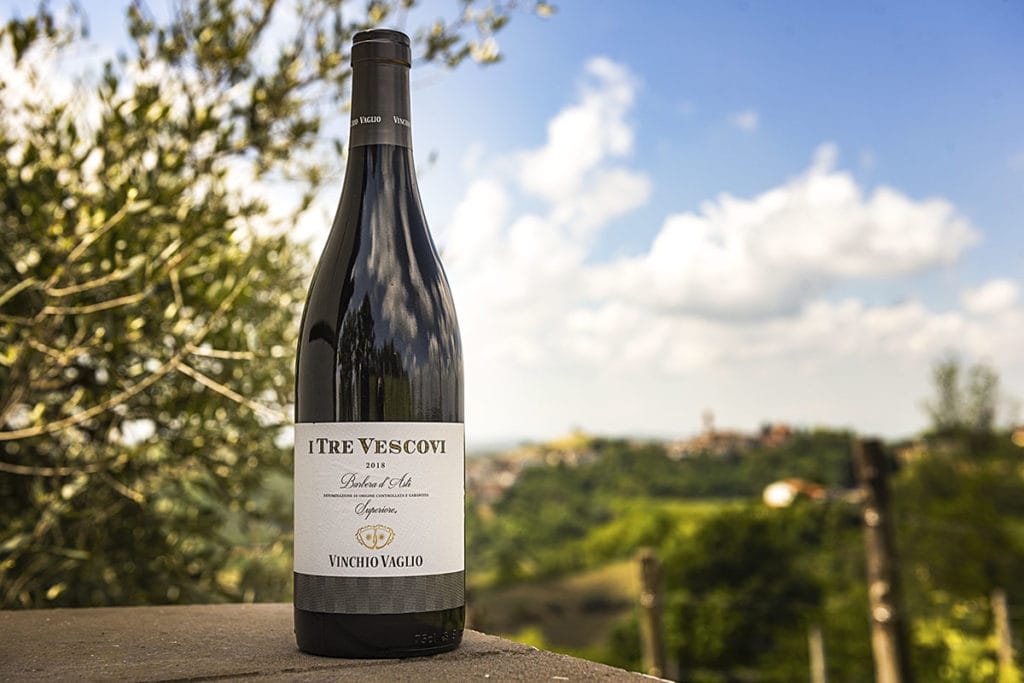
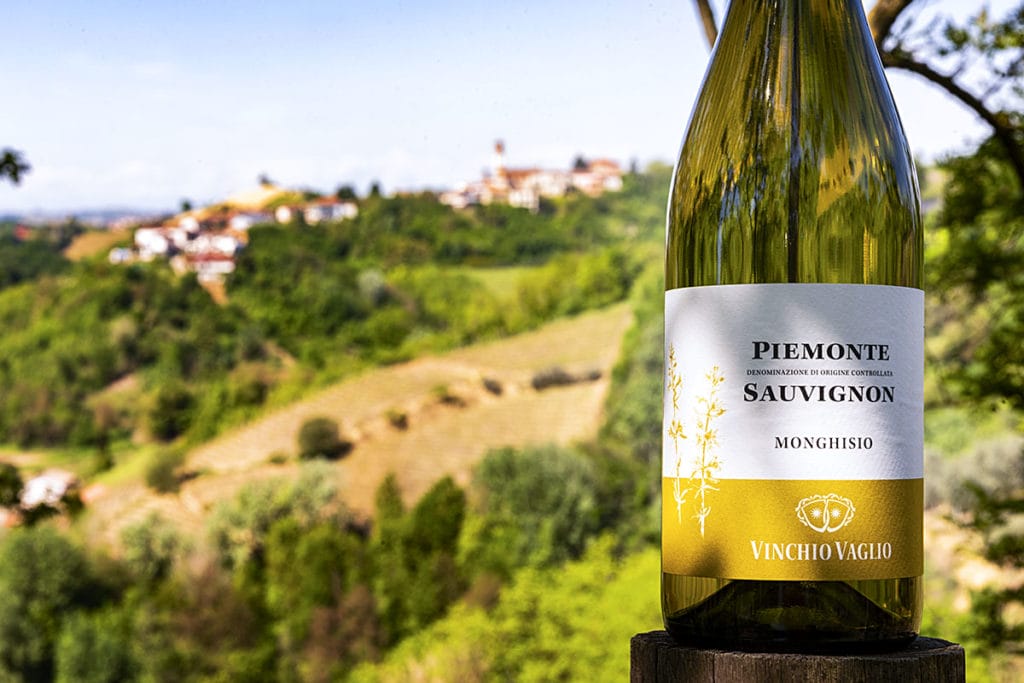
Happiness in small sips
What does drinking in moderation mean, then? What we have always advocated: it means tasting, not drinking, a glass of wine.
It means taking time to allow the wine the right space and time to fully express itself in its fundamental elements. It means sharing the emotion of the first taste while seeing the look in the eyes of the person sitting in front of you.
There is no need to be a great connoisseur, there is no right way to enjoy all the tradition, beauty and fullness of a great wine, but there is a wrong way: drinking it without tasting it. Happiness should be savoured in small sips.
P.S.: Did you know that in our cellar you can have tasting tours of our wines?

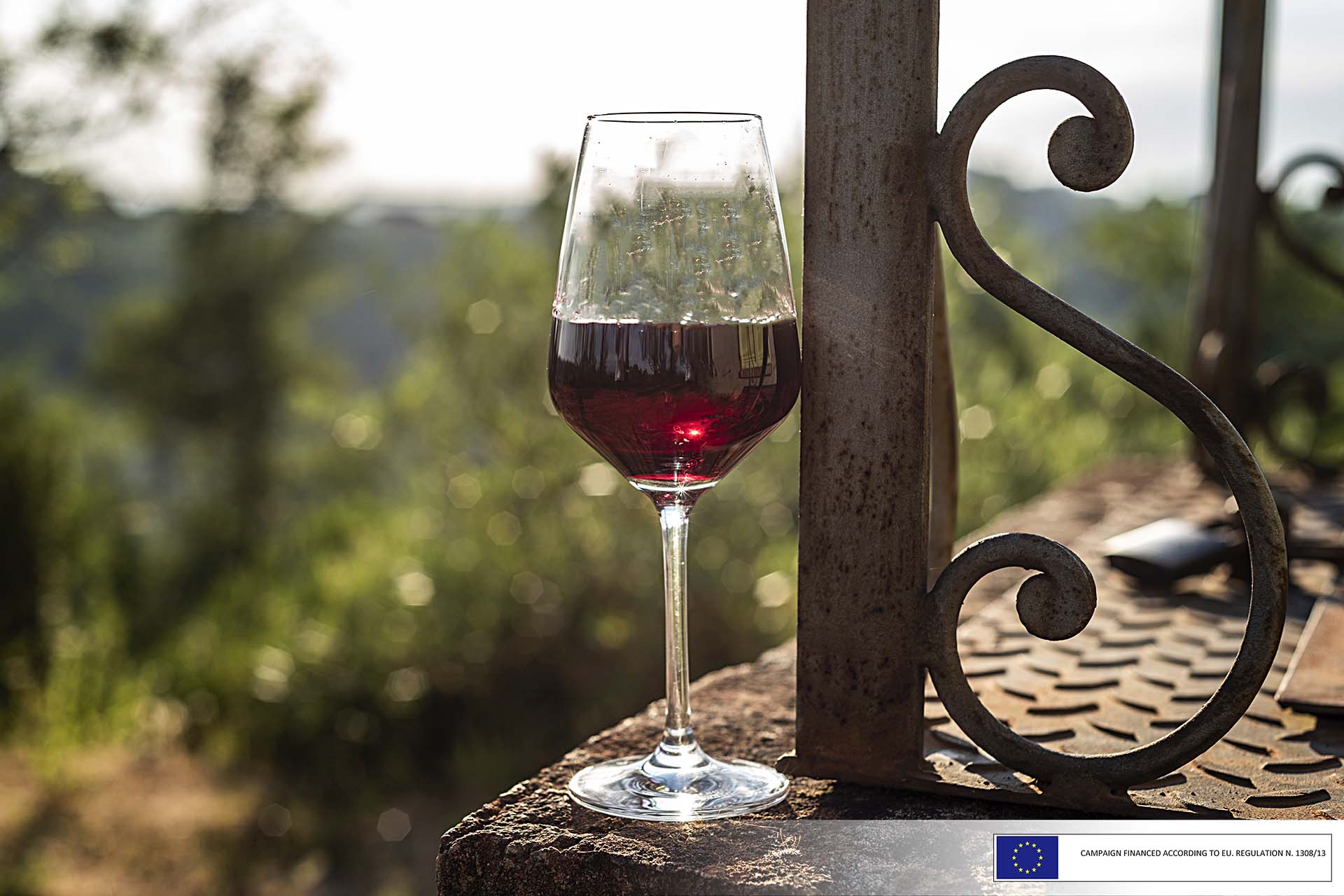
“Never drink the water” Medical advice
{tea and coffee – not yet been discovered. We survived!}.
“Drink at least 1 L per day!”! Of what?